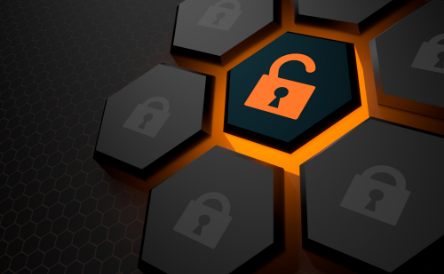Hybrid Working: how has the new work model impacted cybersecurity?
Over the last 2 years, businesses have had to move fast to adapt to the pressures of the pandemic; one of the primary developments we’ve witnessed...
In a fascinating presentation, Jason uncovered the dark world of the cyber-criminal, reminding us that no individual or business is safe from the threat posed by malicious hackers.
“Data is the new oil,” said Jason, a former ‘ethical hacker’ with over twenty years experience in the digital security industry. ‘It’s being found, extracted, distributed and monetised. Even an individual’s email address can be valuable to the cyber attacker, because it’s linked to your various accounts such as Amazon and Dropbox.”
Jason revealed that since 2013, over five billion pieces of data have been breached – yet this figure only represents the hacks we know about. It’s likely that many, many more go unreported, as companies and individuals are often totally unaware that their information has been compromised.
This year has seen many high-profile hacks, from the malware infection that targeted global networks including the NHS, to the attack on UK Parliamentary email accounts. Jason predicts that by the end of this year, a major company will go out of business due to an attack on its data integrity.
With such a gloomy outlook, what can we do to protect ourselves, whether as individuals or businesses?
“Cybercriminals prey on our ignorance,” said Jason. “To stand any chance of meeting the threat, we need to develop a new mindset, and actually think like the bad guys.
“Accept that it’s impossible to prevent every breach, that it is going to happen, and you’ll find that you will immediately start to think differently. Analyse where your data is, where it’s flowing, exactly what it is you need to protect. If the data is outside the direct control of your business, for example in the cloud, you need to ‘kill’ it by applying cryptographic controls. Crucially, the virtual key that unlocks those controls also needs to be protected and stored separately, in a module you own and manage.”
Further tips from Jason include applying two-factor authentication (for example a combination of a password and a pin number), rather than relying on a single password to access accounts, as well as educating employees, customers and contractors on the vital importance of cyber-security.
Jason’s successful breakfast workshop was the first in a series of free industry events organised by us, featuring a variety of guest speakers. If you’re interested in attending a future workshop please get in touch either via our contact form or by calling me on 020 3737 6021.

Over the last 2 years, businesses have had to move fast to adapt to the pressures of the pandemic; one of the primary developments we’ve witnessed...

A vulnerability in an open-source logging library is compromising digital systems across the web. Log4j, a logging framework that keeps records of...

Recently, video-conferencing firm Zoom has agreed to pay $86m (£61.9m) to settle a class-action privacy lawsuit in the US due to privacy invasion...